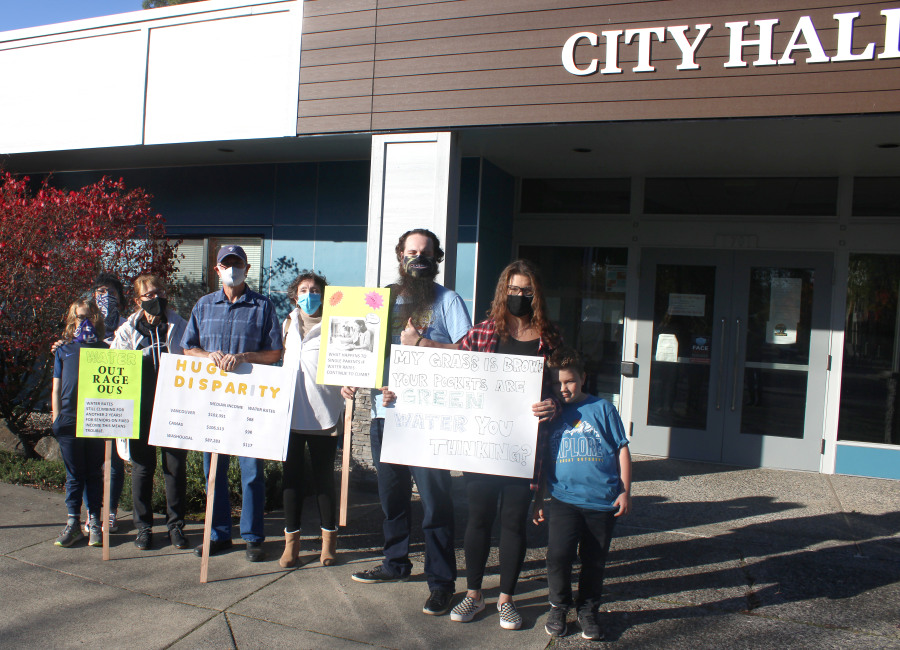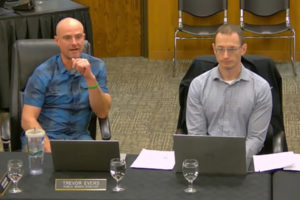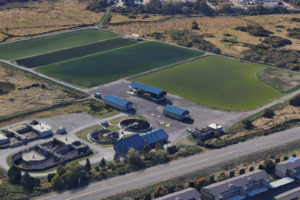The city of Washougal should implement utility rate adjustments that would increase the average customer’s bi-monthly bill by $8 and maintain current rate structures for all classes of service in each utility from 2024 to 2028, according to a rate study compiled by a consulting firm with input from a group of local residents.
Members of a citizens action committee (CAC), appointed by the City earlier this year to “act as a sounding board throughout the study,” and Sergey Tarasov, a principal with FCS Group, a Redmond, Washington-based consulting firm, presented the study and issued recommendations to the Washougal City Council during its Nov. 13 workshop.





